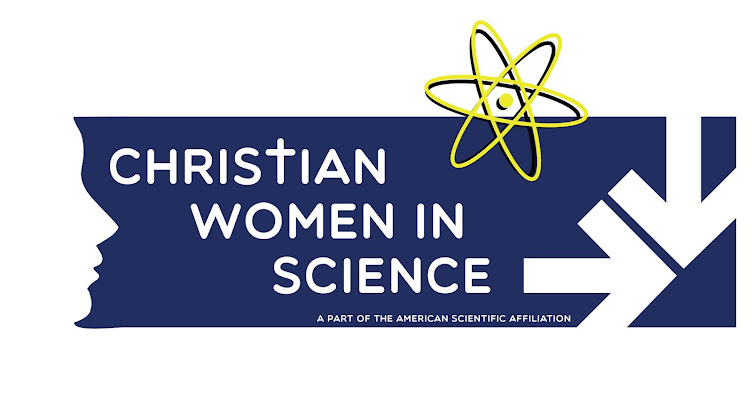| This fragment of a tablet from Nimrud contains a list of synonyms. It gives Malku as a synonym for Šarru. (British Museum ND 5434.) |
Linguistics is the study of languages and their structures. Some branches of linguistics include:
Applied linguistics is the systematic study of language structure, how children acquire a language, how subsequent languages are acquired, the role of language in communication, and the status of language as the product of particular cultures and social groups: https://asa-cwis.blogspot.com/2016/09/what-is-phoneme.html
Computational linguistics is a discipline between linguistics and computer science which is concerned with the computational aspects of the human language faculty. It overlaps with the field of artificial intelligence (AI), a branch of computer science.
Dialectology is the study of the way sounds, words and grammatical forms vary within a language.
Psycholinguistics is the study of the psychological and neurobiological factors that enable humans to acquire, use, and understand language.
Sociolinguistics is the study of how language serves and is shaped by the social nature of human beings in their communities.
Historical-comparative linguistics is a branch of historical linguistics that is concerned with comparing languages in order to establish their historical relatedness. This branch is especially helpful to Bible scholars, biblical archaeologists, and biblical anthropologists who want to understand the relationship of the ancient Afro-Asiatic languages, the oldest known languages. Knowledge of ancient Afro-Asiatic languages helps them to understand ancient texts. Of special importance are Ancient Egyptian, Sumerian, Akkadian, Elamite, Arabic, and Hebrew.
Here are basic lexicons for 2 of those languages:
Ancient Egyptian Lexicon
Akkadian Lexicon
Related reading: Interview with Christopher Ehret; What is a Phoneme?; Glossary of Linguistic Terms; Phoneme Study Pinpoints Origin of Modern Languages; Comparative Linguistics

No comments:
Post a Comment